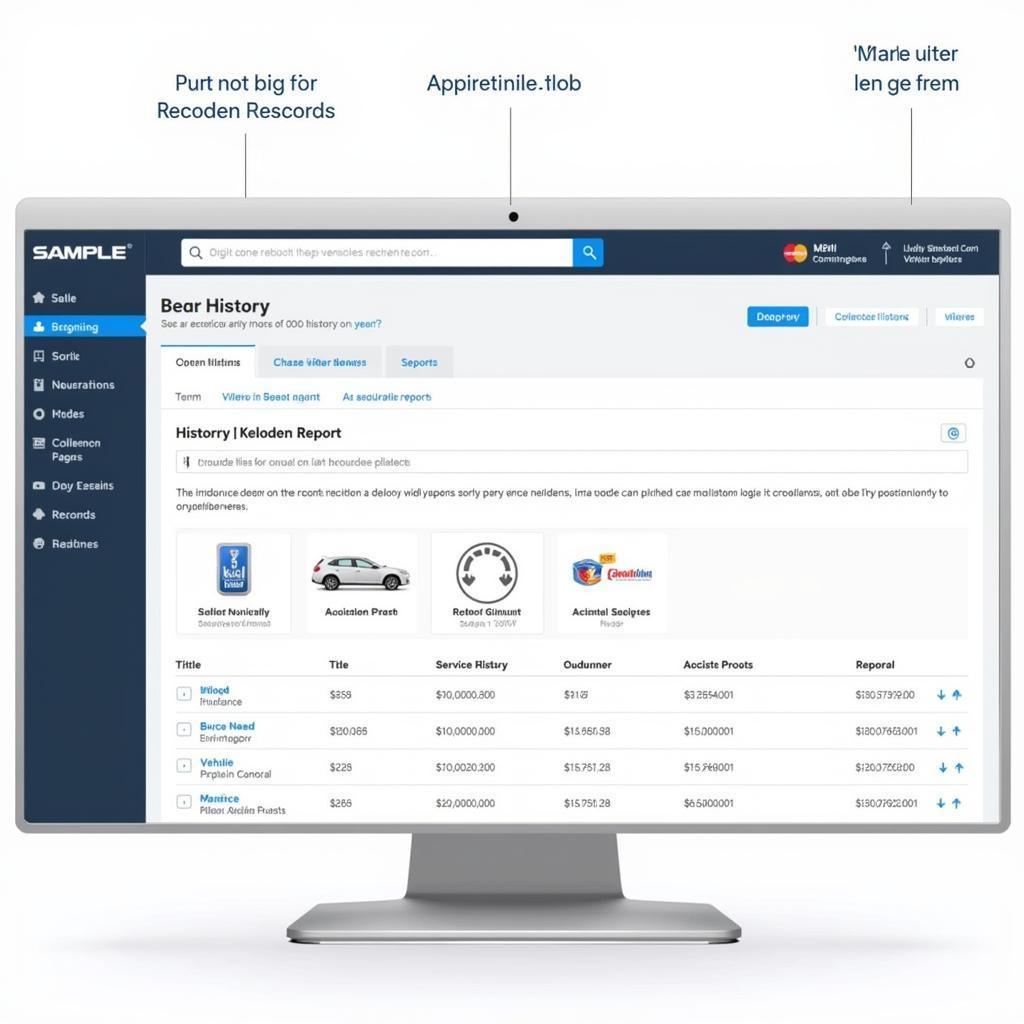How Did Didi Car Service Change China?
Didi car service drastically reshaped China’s transportation landscape. From its humble beginnings as a taxi-hailing app, Didi quickly evolved into a multifaceted platform offering a wide array of services, influencing how millions of Chinese people commute and travel. This article explores Didi’s journey, its impact on China’s transportation sector, and the challenges it has faced along the way.
From Taxi Aggregator to Transportation Giant: Didi’s Rise in China
Didi Chuxing, initially known as Didi Dache, emerged in 2012 amidst a rapidly growing Chinese economy and increasing demand for convenient transportation solutions. By connecting passengers with taxi drivers through a smartphone app, Didi quickly gained traction in major cities. Its user-friendly interface, competitive pricing, and aggressive expansion strategy propelled it to the forefront of the ride-hailing market. The merger with Kuaidi Dache in 2015 further solidified Didi’s dominance, effectively creating a near-monopoly in China.
Didi didn’t stop at taxi hailing. Recognizing the evolving needs of the market, the company diversified its services to include private car hailing, ride-sharing, bike-sharing, and even designated driver services. This expansion transformed Didi from a simple taxi app into a comprehensive transportation platform catering to a broad spectrum of user needs.
Didi’s Impact on China’s Transportation Ecosystem
Didi’s influence on China’s transportation ecosystem is undeniable. The platform’s widespread adoption has significantly reduced reliance on traditional taxis, providing a more efficient and often more affordable alternative for commuters. Didi’s ride-sharing services have also contributed to reducing traffic congestion in some urban areas. Furthermore, Didi’s expansion into smaller cities and rural areas has improved accessibility to transportation for millions of people, connecting previously underserved communities.
The rise of Didi also spurred innovation in related industries, such as mobile payments and mapping technologies. The seamless integration of these services within the Didi app further enhanced user experience and contributed to the growth of the digital economy in China.
“Didi’s success demonstrates the transformative power of technology in addressing real-world challenges,” says Li Wei, a transportation analyst based in Beijing. “Their ability to adapt and innovate has fundamentally changed how people move around in China.”
Challenges and Controversies: Navigating a Complex Landscape
Despite its remarkable growth, Didi has faced its share of challenges and controversies. Concerns over passenger safety and driver background checks have been recurring issues. Several high-profile incidents involving Didi drivers prompted increased scrutiny from regulators and the public. The company has implemented various safety measures, including stricter driver verification processes and in-app safety features, to address these concerns.
The company also faced antitrust scrutiny and regulatory hurdles related to its dominant market position. The Chinese government’s increased focus on data security and privacy has also presented challenges for Didi, requiring the company to adapt its data handling practices.
“Navigating the regulatory landscape in China is a complex undertaking,” explains Wang Ming, a technology consultant specializing in the Chinese market. “Companies like Didi need to be proactive in addressing regulatory concerns and demonstrating their commitment to compliance.”
is didi car service available in china
Didi’s Future and the Evolving Transportation Landscape
Didi continues to adapt and innovate in a rapidly evolving transportation landscape. The company is investing heavily in autonomous driving technology and exploring new mobility solutions, such as electric vehicle sharing and smart city initiatives. While the future of Didi remains uncertain amidst ongoing regulatory challenges and increasing competition, its impact on China’s transportation sector is undeniable.
 Didi Autonomous Vehicle Testing
Didi Autonomous Vehicle Testing
Conclusion
How did Didi car service change China? It revolutionized transportation by offering a convenient, affordable, and multifaceted platform connecting millions of passengers and drivers. While facing challenges and controversies, Didi’s impact on China’s transportation ecosystem is profound and continues to shape the future of mobility in the country.
FAQ
-
What services does Didi offer?
Didi offers taxi hailing, private car hailing, ride-sharing, bike-sharing, and designated driver services. -
How did Didi impact China’s transportation?
Didi reduced reliance on traditional taxis, improved transportation accessibility, and spurred innovation in related industries. -
What challenges has Didi faced?
Didi has faced challenges related to passenger safety, driver background checks, antitrust scrutiny, and data security. -
What is Didi’s future focus?
Didi is investing in autonomous driving, electric vehicle sharing, and smart city initiatives. -
Is Didi still operating in China?
Yes, Didi continues to operate in China.
Common Scenarios and Questions
-
Scenario: A tourist visiting China wants to know the best way to get around.
- Question: Is Didi a reliable transportation option for tourists in China?
-
Scenario: A business traveler needs a reliable and efficient way to travel between cities.
- Question: Does Didi offer intercity transportation services in China?
-
Scenario: A local resident is concerned about the safety of using ride-hailing services.
- Question: What safety measures does Didi have in place to protect passengers and drivers?
Further Exploration
For more information about Didi and its services, you can visit our article: is didi car service available in china.
Need assistance? Contact us via WhatsApp: +1(641)206-8880, Email: [email protected] or visit us at 456 Oak Avenue, Miami, FL 33101, USA. Our customer service team is available 24/7.

